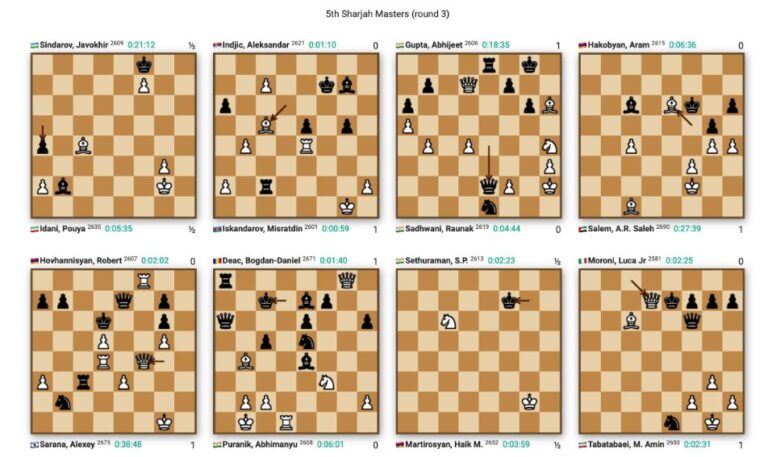Section 1: Understanding Cheating in Chess
Chess has been played for centuries and is a game of strategy, skill, and patience. It is a game that has a set of rules to follow and requires players to use their wit and intelligence to outsmart their opponents. However, in recent years, there has been an increasing concern about cheating in chess.
Section 2: Types of Chess Cheating
There are various ways in which players can cheat in chess, and with the advancement of technology, the methods have become even more sophisticated. Let´s take a look at some common types of cheating in chess:
One of the most common methods of cheating in chess is using computer programs or chess engines to get suggestions for the next move. These programs are designed to analyze chess positions and suggest the best moves. Cheaters can use these programs on their devices, such as smartphones or hidden earpieces, to receive real-time suggestions during a game.
Another form of cheating in chess is when a player gets help from a third party, such as a friend or a coach, during the game. This can be done through secret signals or gestures, which give the player an unfair advantage over their opponent.
In some cases, players can pre-arrange moves with their opponent before the game starts. This is a form of cheating, as it allows players to control the outcome of the game and manipulate the moves to their advantage.
Cheating can also happen by purposefully setting up the chessboard incorrectly. This can include moving pieces to non-standard positions or adding extra pieces to the board. It can give a player a significant advantage, as the opponent may not be familiar with the new setup.
With the increasing use of technology, players can now cheat by using electronic devices such as smartphones, smartwatches, or even hidden earpieces. These devices can be used to communicate with a third party or access chess programs during the game.
Section 3: Consequences of Cheating in Chess
Cheating in chess is taken very seriously, and the consequences can be severe. In addition to the player losing the game, there can be long-term consequences that can affect their reputation and future participation in tournaments.
The most immediate consequence of cheating in chess is disqualification from the game where the cheating took place. The player may also be banned from participating in future tournaments.
If a player is found guilty of cheating in a major tournament, they can lose their title, rating, and any prizes or awards they may have won. This can affect their ability to compete in other tournaments as well.
Cheating in chess not only affects the individual player but also damages the reputation of the game. A player found guilty of cheating may face social stigma and a tarnished reputation, which can have long-lasting effects.
In some extreme cases, cheating in chess can lead to legal action. This can happen if the cheating involved any form of fraud, such as using fake identities or falsifying tournament records.
Section 4: Preventing Cheating in Chess
The responsibility of keeping the game of chess clean and fair falls on everyone involved, including players, organizers, and officials. Here are some measures that can be taken to prevent cheating in chess:
Tournaments and chess organizations have implemented various anti-cheating regulations and measures to deter players from cheating. This includes random checks for electronic devices, surveillance cameras, and the use of chess programs to analyze games.
Education plays a crucial role in preventing cheating in chess. Players should be aware of the consequences of cheating and the measures taken to detect and prevent it. Training sessions can also be organized for officials and arbiters to make them more vigilant against cheating methods.
Chess organizations must have a zero-tolerance policy for cheating. Any player found guilty should face strict consequences, which can act as a strong deterrent for others.
The spirit of fair play should be encouraged, and players should be reminded that the true essence of the game lies in playing by the rules and using their own skills and strategies.
Section 5: Conclusion
In conclusion, cheating in chess is a growing concern that needs to be addressed effectively to keep the game clean and fair. Players must understand the importance of upholding the values of honesty and sportsmanship. With the right measures in place, we can ensure that all chess games are played with integrity and fairness. Let us all do our part in keeping the game of chess free from cheating.

